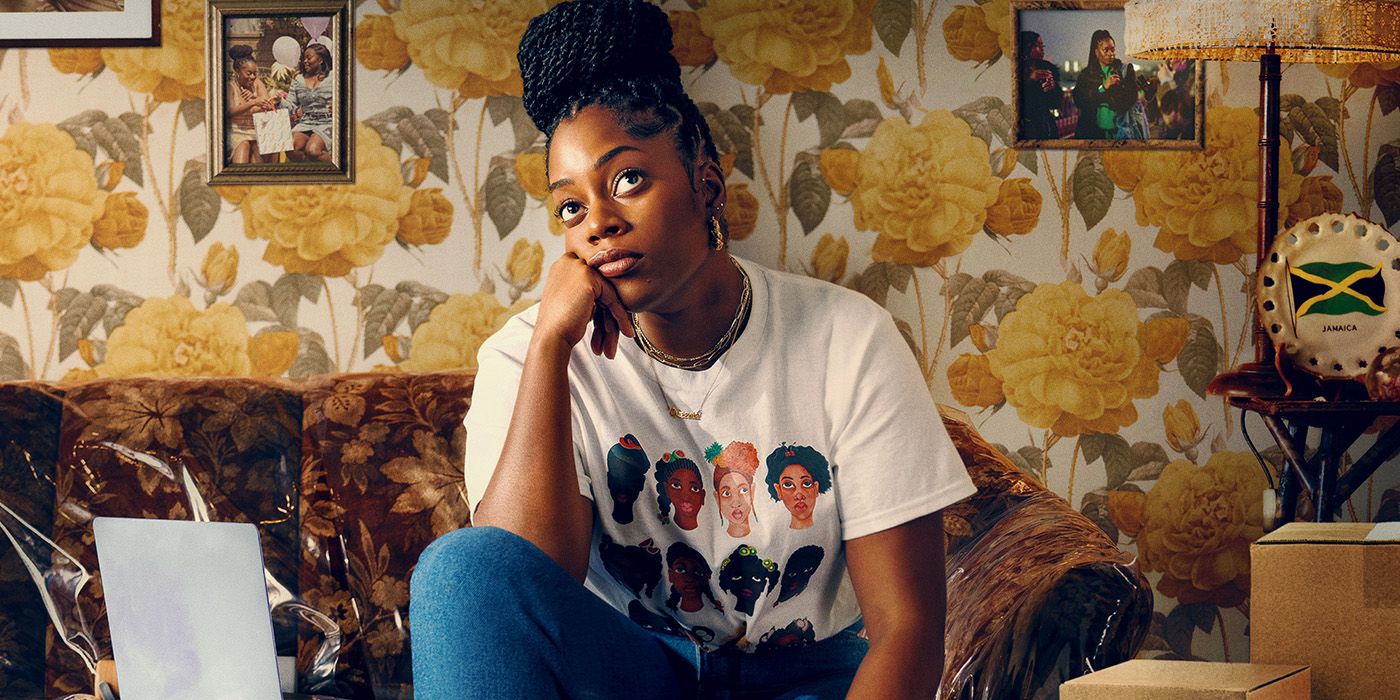Bridget Driscoll was this country’s first motoring fatality. She was killed on August 17, 1896, writes Claudia Lee.
Mrs Driscoll was 44 at the time and lived in Croydon Old Town.
She had been to a Crystal Palace fete with her 16-year-old daughter and a friend.
They were walking to a folk dancing display in the grounds.
Three imported Roger-Benz vehicles were being exhibited at the Dolphin Terrace at Crystal Palace, giving demonstration rides.
An 1888 Benz similar to the one that killed Mrs Driscoll Picture: Wikimedia Commons
The third car was driven by Arthur Edsall, a gardener from Upper Norwood.
One eyewitness said it was going “as fast as a horse-drawn fire engine.”
Reports from the inquest said that Mrs Driscoll was bewildered and hesitated in front of the car before being hit.
A technical expert testified at the inquest that the car could not exceed four and a half miles per hour.
The jury eventually returned an accidental death verdict but there were conflicting reports about the speed of the car.
Mr Edsall had been driving only three weeks at the time, with no licence requirement and no instruction to keep to one side of the road.
 Another 1899 Benz model that has been restored Picture: Flickr, Jorbasa Fotografie
Another 1899 Benz model that has been restored Picture: Flickr, Jorbasa Fotografie
The growth of the car meant traffic jams, pollution, noise and the Americanisation of Britain.But, it also meant death.
Gavin Mark Stamp was a British writer, television presenter and architectural historian.
On the 100th anniversary of Mrs Driscoll’s death he said: “I imagine that all the British railway victims over 150 years would fill but one of the many war cemeteries on the West Front.
“In contrast, in a century of motor travel in Britain, more than 500,000 people have been killed – half of the total Empire loss in the First World War and almost the same as our casualties in the Second.”
The Royal Society for the Prevention of Accidents estimates more than 550,000 people have been killed on Britain’s roads since Mrs Driscoll’s death.
 Uber testing its driverless cars Picture: Flickr, Zombieite
Uber testing its driverless cars Picture: Flickr, Zombieite
And almost 4,000 people are killed on the world’s roads every day, according to the campaigning charity RoadPeace.
With the cars’ constant development, there is an interesting comparison to be made between the death of Mrs Driscoll and the first pedestrian death caused by a driverless car.
An autonomous Uber car killed a woman in the street in Arizona in 2018.
Unlike the first fatality by car, this one sparked mass public discussion, however the companies developing driverless vehicles have not slowed their mission, insisting that even this fatality was caused by human error.
Picture: Bridget Driscoll circled Picture: Wikimedia commons, Modgamers
Related Stories


Former Housing Secretary Robert Jenrick has encouraged everyone in the country who can afford to do so to buy a newspaper, and told the Downing Street press briefing: “A free country needs a free press, and the newspapers of our country are under significant financial pressure”.
So if you have enjoyed reading this story, and if you can afford to do so, we would be so grateful if you can buy our newspaper or make a donation, which will allow us to continue to bring stories like this one to you both in print and online.


Or, please make cheques payable to “MSI Media Limited” and send by post to South London Press, Unit 112, 160 Bromley Road, Catford, London SE6 2NZ
Everyone at the South London Press thanks you for your continued support.
Related Stories
https://londonnewsonline.co.uk/bridget-was-the-first-of-500000-uk-road-deaths/





